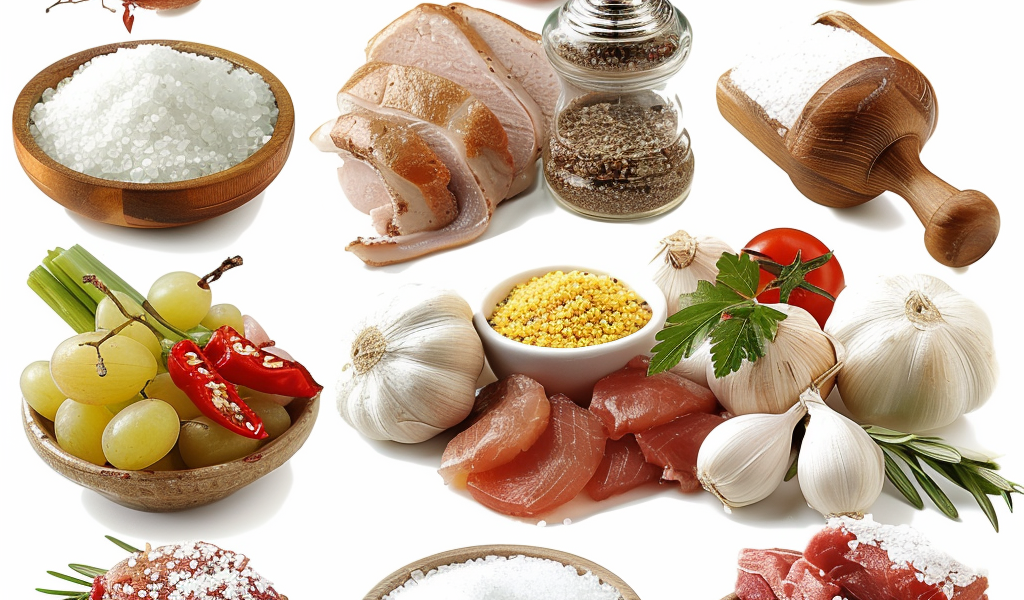Salt, a white crystalline substance used for seasoning or preserving food, is a common kitchen staple that evokes mixed feelings among consumers. While it enhances flavors, it also poses health risks when consumed in excess. In recent years, the discourse around salt consumption has intensified, shedding light on its intricate relationship with various health conditions.
Experts caution that indiscriminate use of salt can lead to premature death, emphasizing the need for moderation. High salt intake is linked to hypertension, a condition characterized by elevated blood pressure levels. The World Health Organization defines hypertension as a persistent increase in blood vessel pressure, highlighting the importance of monitoring salt consumption to manage this condition.
Individuals with hypertension are advised to reduce their salt intake to maintain healthy blood pressure levels. The significance of this dietary adjustment is underscored by the impact it can have on overall health and well-being. While salt is a fundamental component of culinary practices, its excessive consumption can have detrimental effects on cardiovascular health.
Understanding the role of salt in the context of health and nutrition is crucial for making informed dietary choices. Healthcare professionals stress the importance of balancing salt intake to mitigate the risk of developing hypertension and related complications. By adopting healthier alternatives such as sea salt, individuals can enhance their well-being and reduce the adverse effects of excessive salt consumption.
As consumers navigate the complexities of salt usage, it is essential to prioritize health considerations and make conscious decisions regarding dietary habits. By raising awareness about the impact of salt on health outcomes, individuals can proactively manage their salt intake and promote better cardiovascular health.





